
Code: 09002833
Intellectuals and Nationalism in Indonesia
by J.D. Legge
It has always been a matter of national pride that independence came to Indonesia not as the result of a negotiated transfer of sovereignty, though the process was completed in that way, but through a struggle of heroic proportion ... more
- Language:
 English
English - Binding: Paperback
- Number of pages: 224
Publisher: Equinox Publishing (Asia) Pte Ltd, 2010
- More about this

You might also like
-

What Lies Beneath the Pines
39.53 € -

PRELUDES 1 PIANO 4 HANDS
14.23 € -1 % -

Mommy and Me
32.25 € -

Assessing China's Naval Power
152.20 € -

Ruský jazyk pre 8. ročník základných škôl
3.78 € -22 % -

Einsteigen bitte!
16.58 €
Give this book as a present today
- Order book and choose Gift Order.
- We will send you book gift voucher at once. You can give it out to anyone.
- Book will be send to donee, nothing more to care about.
More about Intellectuals and Nationalism in Indonesia
You get 91 loyalty points
 Book synopsis
Book synopsis
It has always been a matter of national pride that independence came to Indonesia not as the result of a negotiated transfer of sovereignty, though the process was completed in that way, but through a struggle of heroic proportions in whose fires the nation itself was forged. The revolution, indeed, is central to the Republic's perception of itself. To call it a revolution is, of course, to beg a number of important questions. What is a revolution? Is the concept, developed in modern thought on the models of the French and Russian revolutions, applicable to a nationalist struggle for independence? Or must a revolution involve also a transfer of power from one social class to another and a subsequent social transformation? For Indonesians looking back to the birth of the nation, however, such questions do not arise. For them there is no question but that the events of 1945-49 constituted a revolution, a revolution that is seen as the supreme act of national will, the symbol of national self-reliance and, for those caught up in it, as a vast emotional experience in which the people -- the people as a whole -- participated directly. The exploration of Sjahrir's recruitment of a group of followers during the Japanese Occupation and of the character and attitudes of the group is based, in large measure, on interviews with its surviving members. A highly articulate body of people, they clearly enjoyed recalling their youth, remembering particular experiences, and thinking back on the issues that had preoccupied them and the ideas that had excited them as students. For many of them it had obviously been a golden age, perceived all the more vividly now because the world they had hoped for had never come into being. There is, perhaps, a good deal of nostalgia in their memories of what it was like to be a part of a crucial period in their country's history and no doubt some misjudgment about the parts they played. Oral history is a risky business, given the fallibility of human memory and the tendency for interviewer and subject alike to collaborate in re-shaping the past in the light of their later perspectives. The dangers of such a method are discussed below. Nevertheless, provided it is kept in mind that memories are documents of the present and not of the period with which they deal, it is important to gather these recollections while members of the generation in question are still alive.
 Book details
Book details
Book category Books in English Society & social sciences Politics & government Political ideologies
36.76 €
- Full title: Intellectuals and Nationalism in Indonesia
- Subtitle: A Study of the Following Recruited by Sutan Sjahrir in Occupied Jakarta
- Author: J.D. Legge
- Language:
 English
English - Binding: Paperback
- Number of pages: 224
- EAN: 9786028397230
- ISBN: 9786028397230
- ID: 09002833
- Publisher: Equinox Publishing (Asia) Pte Ltd
- Weight: 342 g
- Dimensions: 152 × 228 × 20 mm
- Date of publishing: 05. February 2010
Trending among others
-

The Communist Manifesto
3.57 € -24 % -

Mein Kampf
29.39 € -

Imperialism the Highest Stage of Capitalism
7.67 € -

ALL NEW Don't Think of an Elephant!
13.31 € -18 % -
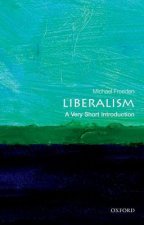
Liberalism: A Very Short Introduction
10.13 € -22 % -
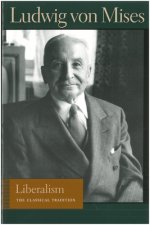
Liberalism
14.74 € -7 % -
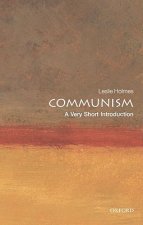
Communism: A Very Short Introduction
10.13 € -22 % -

Fascism: A Very Short Introduction
11.67 € -19 % -
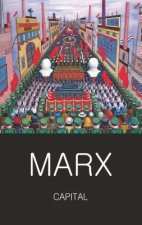
Capital
5.52 € -26 % -

The Unabomber Manifesto
12.18 € -

The Communist Manifesto
2.35 € -

Imagined Communities
16.17 € -15 % -
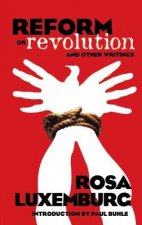
Reform or Revolution and Other Writings
13.20 € -19 % -

Liberalism
20.07 € -

Road to Serfdom
17.61 € -4 % -

State and Revolution
7.26 € -

Blackshirts and Reds
14.84 € -19 % -

Companion To Marx's Capital
24.78 € -21 % -

Irreversible Damage
23.45 € -22 % -

Economic and Philosophic Manuscripts of 1844
11.05 € -

Anarchism and Other Essays
14.02 € -19 % -

Introduction to the Three Volumes of Karl Marx's Capital
15.97 € -14 % -

Early Writings
16.79 € -13 % -

Poverty of Philosophy
10.13 € -

Tomas G Masaryk a Scholar and a Statesman
49.05 € -4 % -

Origins of Totalitarianism
34.41 € -

Limits of Liberty -- Between Anarchy & Leviathan
27.24 € -
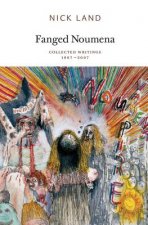
Fanged Noumena - Collected Writings 1987-2007
29.90 € -4 % -

Rules for Radicals
13.82 € -21 % -

The Rape of the Mind
14.64 € -

Notes on Nationalism
3.57 € -24 % -
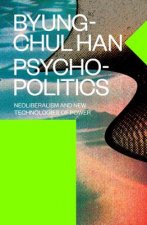
Psychopolitics
12.38 € -15 % -

Anatomy of Fascism
12.08 € -24 % -
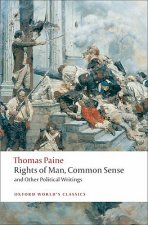
Rights of Man, Common Sense, and Other Political Writings
7.98 € -22 % -
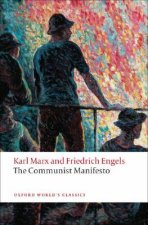
Communist Manifesto
5.83 € -22 % -

Communist Manifesto and Das Kapital
9 € -23 % -
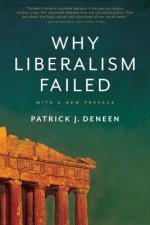
Why Liberalism Failed
17.81 € -
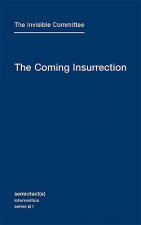
Coming Insurrection
12.28 € -20 % -

Brainwashed
14.43 € -23 % -

The Virtue of Nationalism
27.85 € -16 % -
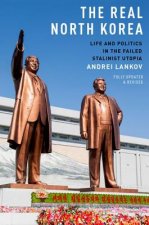
Real North Korea
14.43 € -23 % -

Capital
10.23 € -24 % -
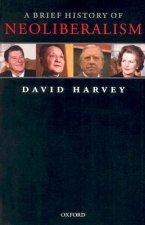
Brief History of Neoliberalism
24.47 € -

Capital
20.48 € -12 % -

Fools, Frauds and Firebrands
15.76 € -19 % -

Post-scarcity Anarchism
16.48 € -18 % -

Communist Manifesto Illustrated
41.58 € -
![What Is to Be Done? [Burning Questions of Our Movement] What Is to Be Done? [Burning Questions of Our Movement]](https://media.libris.to/jacket/08800888t.jpg)
What Is to Be Done? [Burning Questions of Our Movement]
8.18 € -

German Ideology
18.53 € -12 %
Collection points Bratislava a 2642 dalších
Copyright ©2008-24 najlacnejsie-knihy.sk All rights reservedPrivacyCookies



 15549 collection points
15549 collection points Delivery 2.99 €
Delivery 2.99 € 02/210 210 99 (8-15.30h)
02/210 210 99 (8-15.30h)